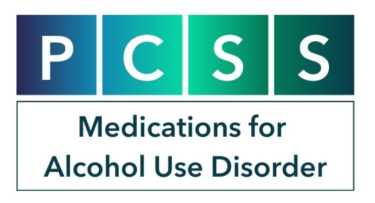Supporting African Americans in Treatment and Recovery: Medications for Alcohol Use Disorder (MAUD)

Alcohol use remains a significant public health issue in the U.S., particularly for African Americans. According to the 2023 National Survey on Drug Use and Health (NSDUH), 3.3 million Black/African American people ages 12 and older had alcohol use disorder (AUD) in the past year. Despite the clear benefits of medications for AUD (MAUD), these treatments remain underused in many areas, including Black/African American communities where access remains a challenge.
Join the Providers Clinical Support System (PCSS)-MAUD and the National Council for Mental Wellbeing on Thursday, Feb. 13, 3-4 p.m. ET as we discuss the current state of alcohol use within the Black/African American community and solutions to create greater access to treatment and recovery support services for these communities. Attendees will hear from two experts in the field of substance use with a wealth of knowledge about MAUD and its ability to promote long-term recovery and wellbeing.
Educational objectives:
- Discuss the current and historical context of alcohol use among Black/African American communities in the U.S.
- Examine disparities in MAUD prescription rates and the use of MAUD among Black/African American individuals.
- Identify unique barriers and solutions for access to MAUD services for Black/African American populations.
- Outline protocols for screening, diagnosis and treatment of AUD and describe the benefits of using MAUD within Black/African American populations.
The webinar will feature the following speakers:
- Philip Rutherford, Vice President, Substance Use Continuum, National Council for Mental Wellbeing
- Aaron Williams, MA, Sr. Advisor, National Council for Mental Wellbeing
Funding for this initiative was made possible by cooperative agreement no. 1H79TI086771-01 from the Substance Abuse and Mental Health Services Administration. The views expressed in written conference materials or publications and by speakers and moderators do not necessarily reflect the official policies of the Department of Health and Human Services, nor does mention of trade names, commercial practices or organizations imply endorsement by the U.S. government.

